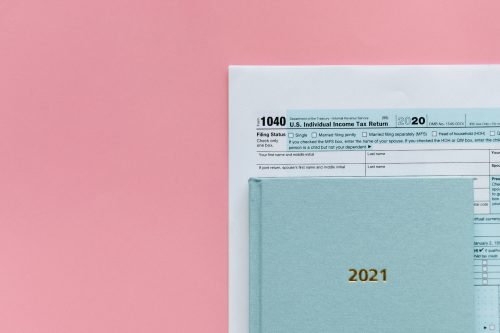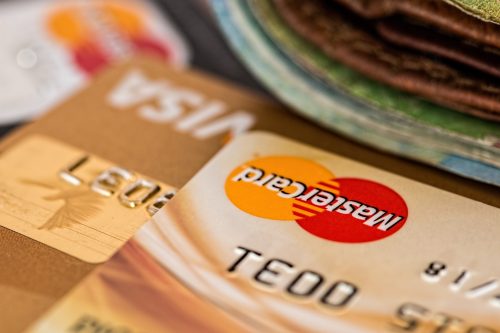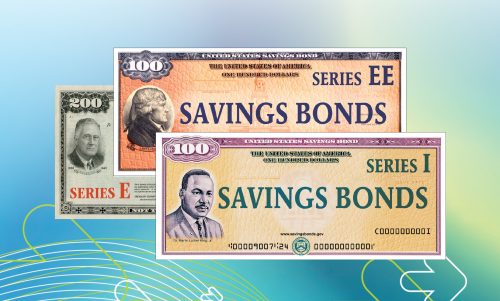- Financial independence means having enough income or wealth to pay for your own expenses without additional assistance.
- Steps to becoming financially independent include setting goals and a budget, creating a safety net, diversifying your income and more.
- Additional resources, such as speaking with a financial advisor and looking into financial education, can help you make informed decisions.
For many people, reaching a point of financial independence is a major milestone that can be hugely exciting and open many possibilities. Financial independence is a financial situation in which you have enough money, either via income or accumulated wealth, to pay your expenses for the rest of your life without dependence on others.
Financial freedom inevitably looks different for everyone, and the steps for achieving financial independence may change as a result.
Still, even though steps for how to become financially independent may differ among financial situations, there are a number of common boxes that people should check to become financially independent. Understanding these steps, their importance and how they can be achieved can set you on the road to know how to be financially independent.
1. Identify clear, achievable goals
Financial independence may be easier to accomplish for an individual who has a clear idea of what they’d like to achieve and when they’d like to achieve it. A savvy way to approach establishing your financial goals is through the SMART (specific, measurable, achievable, realistic and time-bound) framework.
Goals are different for each person and can vary in scope considerably. These goals may include anything from paying down a set amount of debt per month to purchasing a new home. Regardless of your specific situation, it’s helpful to set both short-term (setting aside a solid rainy day fund, paying for a minor home improvement) and long-term financial goals (early retirement, buying a house).
2. Set up a budget
A thorough budget will likely make it simpler to ensure your money is being used wisely and that you are on the path to reaching your goals.
Knowing how to make a budget is the first step. A strong monthly budget should include:
- Monthly income
- Household maintenance
- Clothing and personal care
- Groceries and prescriptions
- Rent or mortgage payments
- Entertainment and travel expenses
- Monthly subscriptions, memberships and dues
- Recurring expenses (bills, credit card debt, bank fees, etc.)
You can add additional categories, depending on your specific financial situation. For instance, you may need to add a pet care category if you have pets or may not need to include a monthly subscriptions, memberships and dues category if you do not have these costs.
No matter your situation, your budget should be comprehensive and identify exactly where your money is going, while making it simpler to identify areas for financial improvement.
3. Create a safety net
An urgent step to take is establishing a solid financial safety net as quickly as possible. Having a cushion is a major factor in becoming financially independent. Create an emergency fund alongside your typical savings account and funnel money into that fund whenever you can. You should save enough to cover at least three to six months’ worth of living expenses, so you don’t have to depend on any outside help in the event of unforeseen circumstances.
4. Save automatically
Using automated features can help you save money.
For instance, direct deposit can direct money to several different accounts at once, enabling you to grow your savings while sending money into your checking account, too. You should consider using an income percentage, rather than a hard number, when setting up direct deposit distribution. This allows contributions to increase automatically with pay increases.
Another approach to consider is automated transfers. Some financial institutions also offer the ability to schedule recurring transfers from checking to savings accounts to make sure you are always contributing to your nest egg.
5. Establish or build your credit
Good credit can make achieving certain long-term goals easier. A solid credit score can help you:
- Get a leg up as a renter in competitive markets
- Secure lower interest rates on financing, such as car loans or mortgages
- Be approved for higher credit limits and loan amounts (including business loans, as business lenders use both business credit scores and personal credit scores to vet borrowers)
These perks can positively affect reaching independence-related goals, such as moving into a more appealing apartment, growing a cushion for retirement or securing a loan to start your own business.
There are several ways to build credit, but the easiest first steps include using a secured or beginner-friendly credit card or being added as an authorized user on a responsible cardholder’s account. As you establish your credit, you will have more options to keep building it.
6. Diversify your income
Another way to ensure long-term financial stability is to have several income streams. Consider ways you can make extra cash, in addition to whatever your primary job provides. Extra streams of income can take many forms, from freelancing or establishing a “side hustle” (such as graphic design or writing) to walking dogs. Passive income streams from investments also can be a good way to supplement your primary source of income.
7. Get professional financial advice
Professional guidance can help you map your plan for how to be financially independent. A financial advisor can be a good resource to help you understand your money and gain important financial education concerning saving, retirement planning and more.
Other financial independence tips to consider
There’s no one formula for how to be financially independent. Instead, the path to financial freedom can vary. So, as you pursue stability and success, keep a few additional things in mind:
- Figure out health insurance: Some jobs offer health insurance, but if you don’t have access to an employer-sponsored program, you will have to factor in another way to get coverage.
- Pay debt wisely: Refinancing debt, like student loans, may make repaying debt easier.
- Think cheap: Consistent cost-cutting (buying used items, borrowing things that aren’t needed permanently, etc.) can free money to be used elsewhere.
- Seek financial education: Thorough financial education (like reading Black Personal Finance) can help you make more informed financial decisions.










